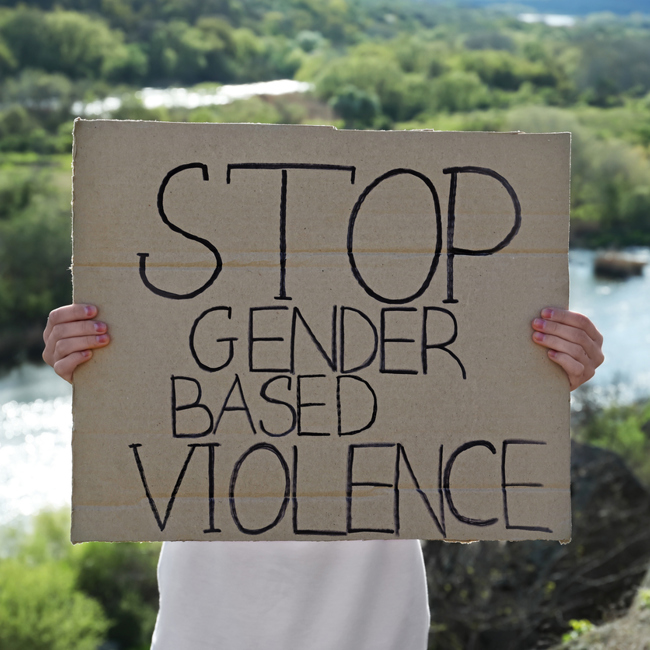
About 16 Days of Action
Every year, from 25 November to 10 December, UWS marks the global 16 Days of Action campaign — a UN-backed initiative to challenge and end gender-based violence. This year’s theme is #NoExcuse for online abuse. Supporting this campaign aligns with the Scottish Government’s Equally Safe priorities, which highlight the need for all communities in Scotland to work together to tackle violence against woman and girls.
At UWS, we are committed to raising awareness, educating our community, and providing meaningful support to students and staff as part of our ongoing efforts to end gender-based violence (GBV).
Throughout the 16 days the UWS Students’ Union and University will highlight events, training and activities which give students and staff the opportunity to learn, reflect, and take action. We’ll also provide clear signposting to support services for everyone affected by GBV.
Events during 16 Days of Action

Training for Staff
UWS along with other Scottish universities have come together to create and fund access to a training course to help prevent and eradicate gender-based violence in colleges and universities.
Building on the work of the Scottish Government’s Equally Safe national strategy this open-access resource that has been tailored to assist all Scottish colleges and universities implement training for their staff.
The course aims:
- To develop participants’ understanding of the nature, extent and impact of gender-based violence
- To demonstrate how GBV affects staff and students in colleges and universities
- To offer guidance on responding sensitively to disclosures.

Personal Safety
SafeZone empowers our community to take proactive steps in staying safe. By providing immediate access to emergency assistance, wellbeing support, and safety check-ins, the app strengthens our student and staff safety on campus.
Disclosures and support
Report and Support also gives students and staff a safe, confidential way to report concerns—whether for themselves or someone else—it helps us identify issues early, respond quickly, and provide appropriate support. The platform also enables the University to monitor patterns, strengthen safeguarding measures, and deliver targeted prevention work. Encouraging the use of Report and Support empowers our community to speak up, challenge harmful behaviour, and contribute to a safer, more respectful environment for all.